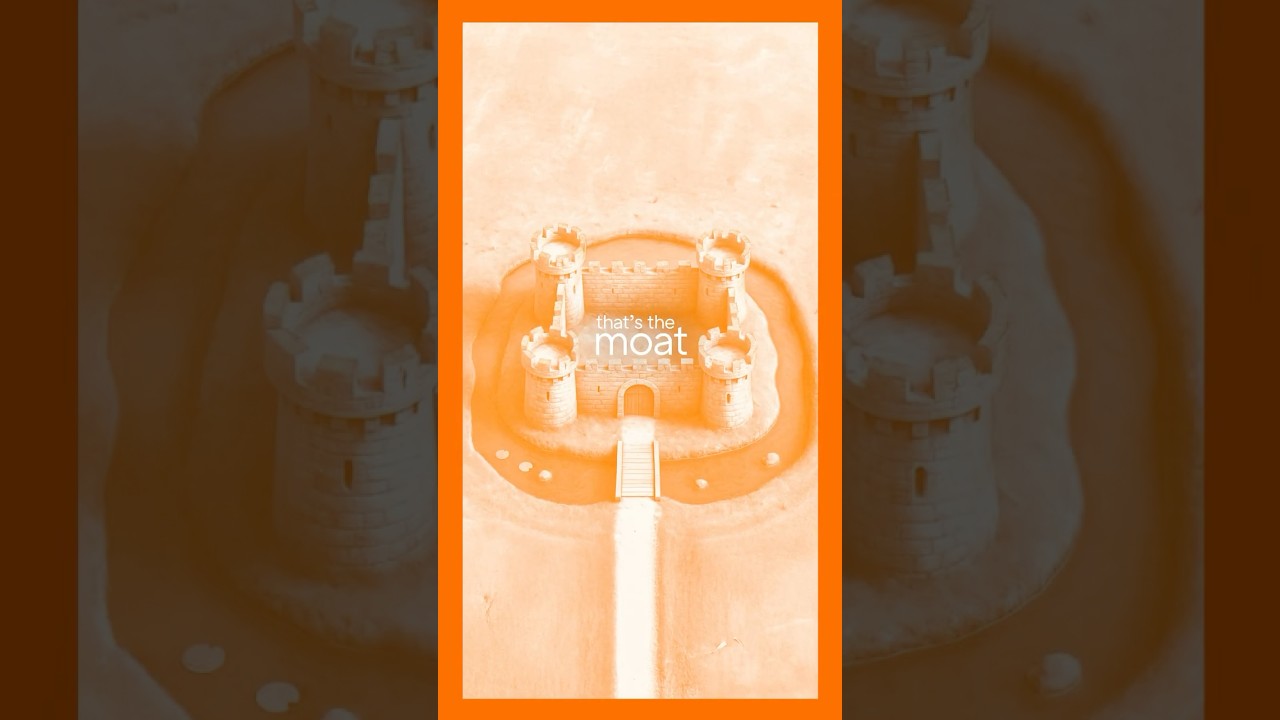The real competitive advantage in the age of AI lies in deeply understanding users and creating software that genuinely addresses their unique needs, rather than relying solely on advanced technology or algorithms. Successful startups combine technical expertise with domain insight and continuous user-centric innovation to build defensible, lasting moats in the market.
The video discusses the evolving nature of competitive advantage, or “moats,” in the age of artificial intelligence. It highlights a common concern about whether AI will reduce human roles to mere performers or “rappers,” and what this means for startups. The core argument is that the true competitive edge lies in deeply understanding users and creating software that genuinely serves their needs better than anyone else. This user-centric approach is where the real value and differentiation come into play.
Traditionally, successful founders have been exceptional engineers and technologists who also possess a unique insight into a specific domain or market. This combination of technical skill and domain expertise enables them to build innovative solutions that others cannot easily replicate. The video emphasizes that this blend remains crucial even as AI becomes more prevalent, suggesting that technology alone is not enough to sustain a competitive advantage.
The “moat” in the AI era is therefore not just about having advanced algorithms or data but about the nuanced understanding of user problems and the ability to tailor solutions accordingly. Startups that can leverage AI to enhance their understanding and service of users will create defensible positions in the market. This approach requires founders to be deeply embedded in their target markets and continuously iterate based on real user feedback.
Moreover, the video points out that the path to building a multi-billion dollar startup is narrow and challenging. It involves more than just technical prowess or access to AI tools; it demands a rare combination of skills, insights, and execution capabilities. Founders who can navigate this complex landscape by focusing on user-centric innovation are more likely to succeed and build lasting companies.
In summary, the real moat in the age of AI is the intimate knowledge of users and the ability to develop software that effectively addresses their unique needs. While AI is a powerful tool, it is the human element—understanding and empathy—that ultimately drives sustainable competitive advantage. Startups that embrace this philosophy will be better positioned to thrive in an increasingly AI-driven world.
